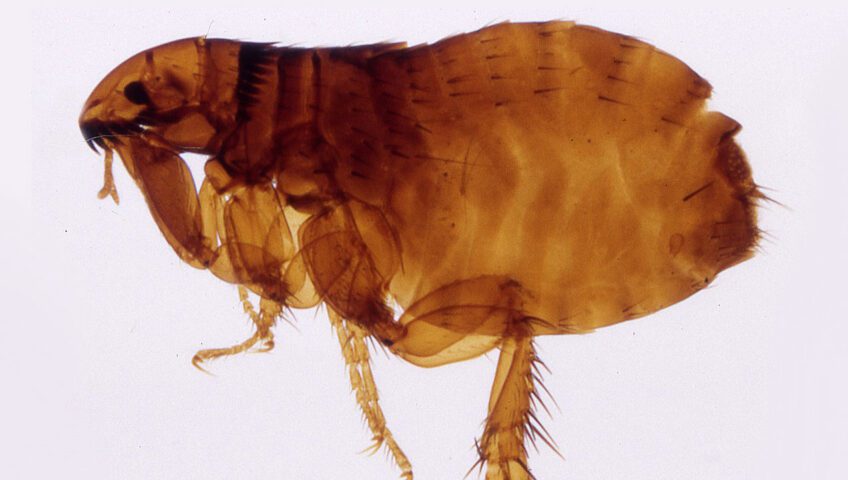They prefer your dog or cat, but if a pet is unavailable, they’ll willingly jump up to 16 inches to reach you. After feeding on your blood, they can often leave you with a seriously itchy bug bite. They’re fleas, and they’ve been on this planet for 100 million years. It can be tough to get rid of fleas, but it is possible.
Flea control tips you need, now
If you’re infested with fleas, the chances are good that the infestation came from a pet in your home. Often, these pests will attach themselves to animals when they’re outside your home, then they come inside. Fleas depend on blood to survive, and just removing the animal from the home doesn’t always control the problem. Infestations take time to resolve, but these tips can help.
Have your pet treated at the vet for fleas. The sooner you can ensure the fleas don’t have a host to rely on for their next meal, the sooner you can begin to put an end to the problem.
Vacuum routinely. You’ll want to deeply vacuum each room of your home. Make sure you’re reaching behind the furniture, too. Once you’re done, seal the vacuum bags and take them outside.
Wash pet bedding. If your pet sleeps on a bed in one spot on a regular basis, you’ll want to launder the bedding and clean the space as much as possible. Flea eggs can remain dormant in a given area for some time, so make certain you wash linens and clean the upholstery to help eliminate those eggs.
Mow. Fleas hide in the grass. If your pet spends an extensive amount of time outside, keep your grass trimmed as short as possible without actually damaging the lawn so those fleas never make it inside your house.
How do I know if I have fleas?
You might have fleas if you see your pets continually scratching. Odd bug bites might also be an indicator, as is flea dirt. If you’re seeing something that looks like coarsely ground black pepper around your home where your pet sleeps, you may have fleas.
Need flea removal fast? Slug-A-Bug handles flea extermination in Brevard County. Give us a call today to learn more.
